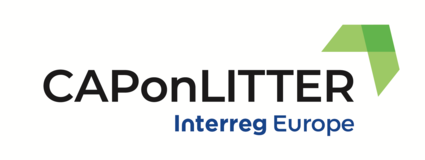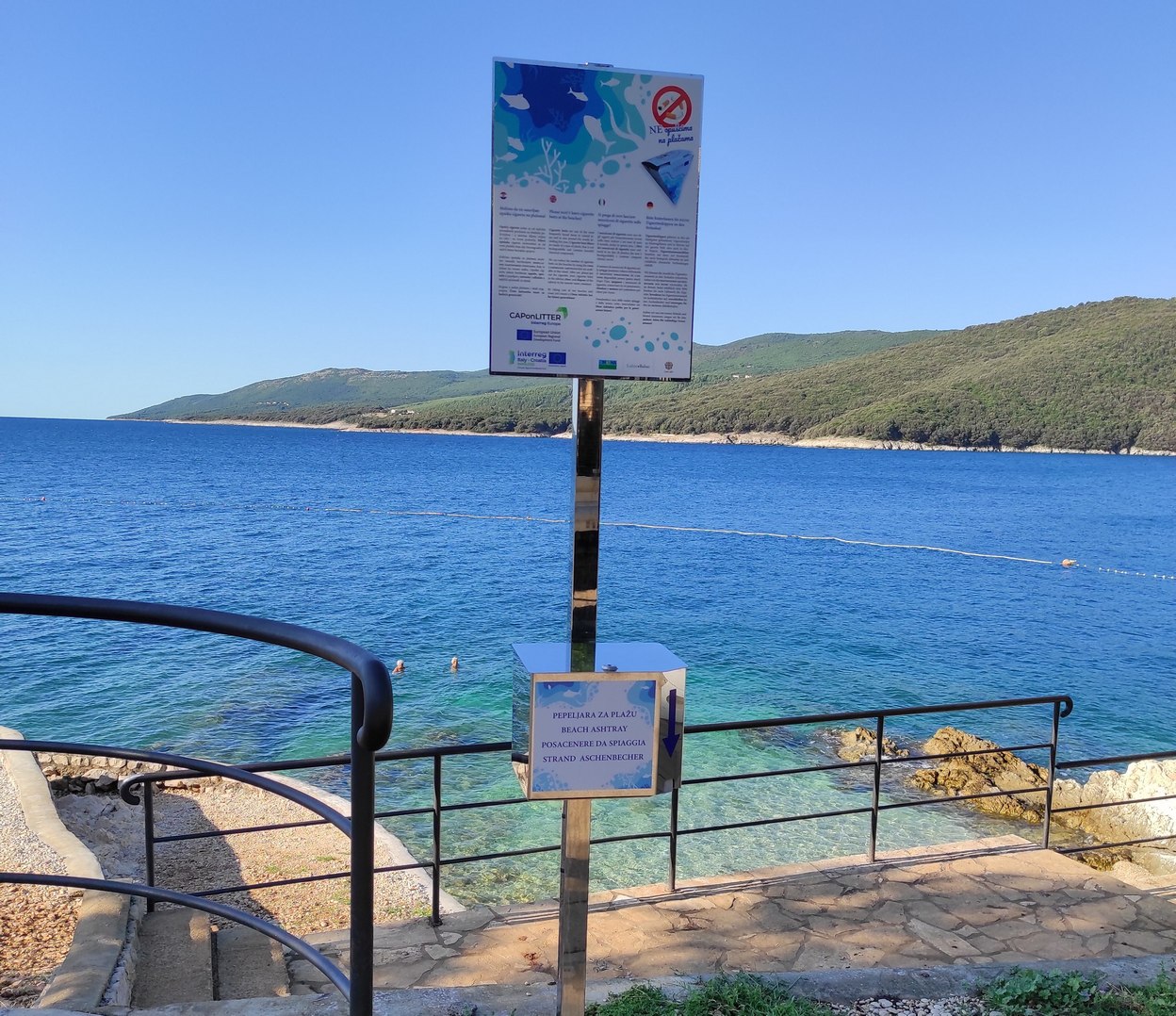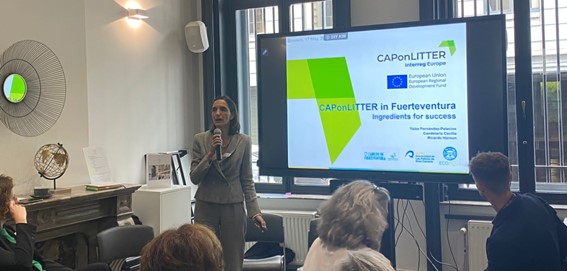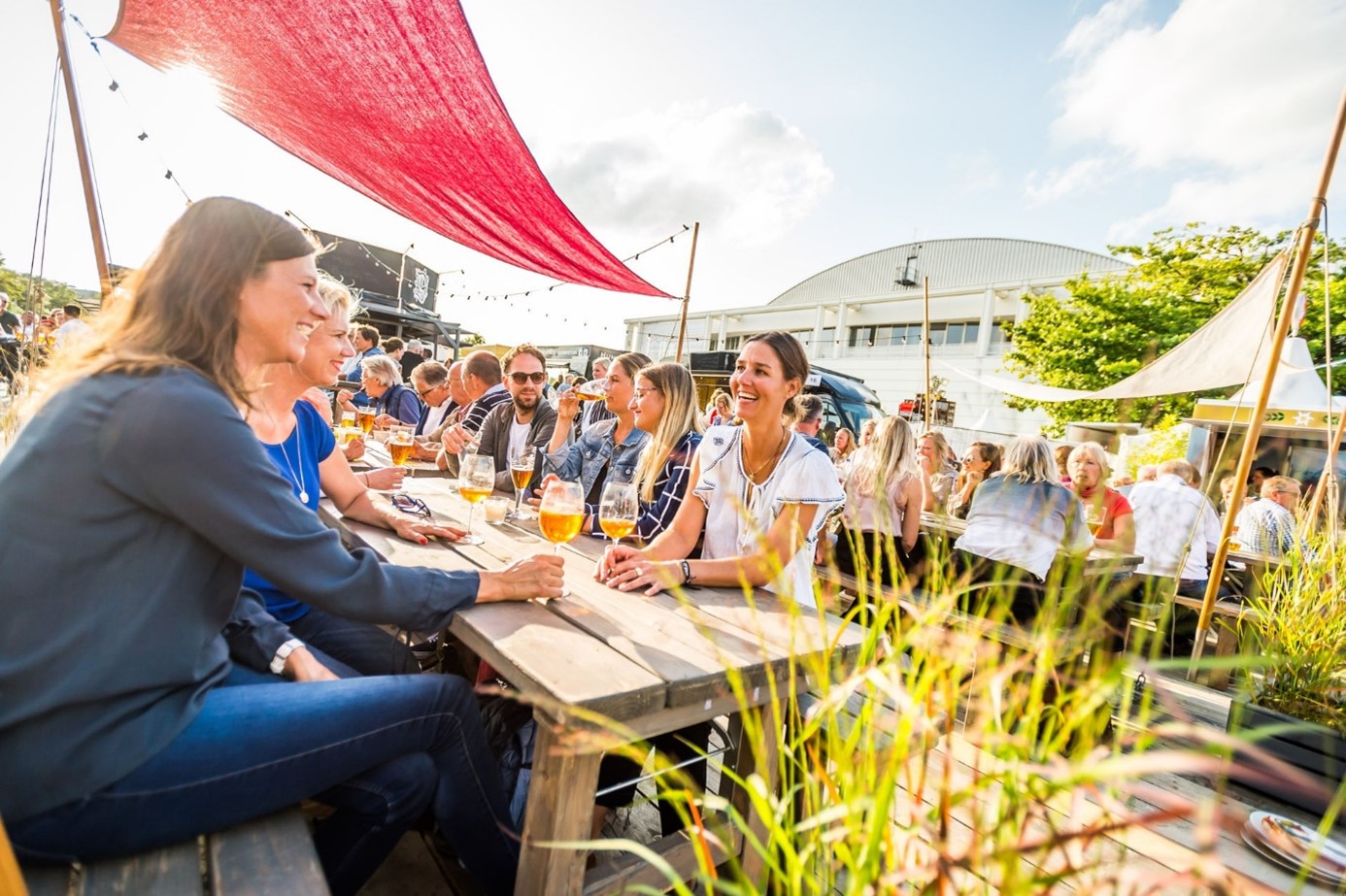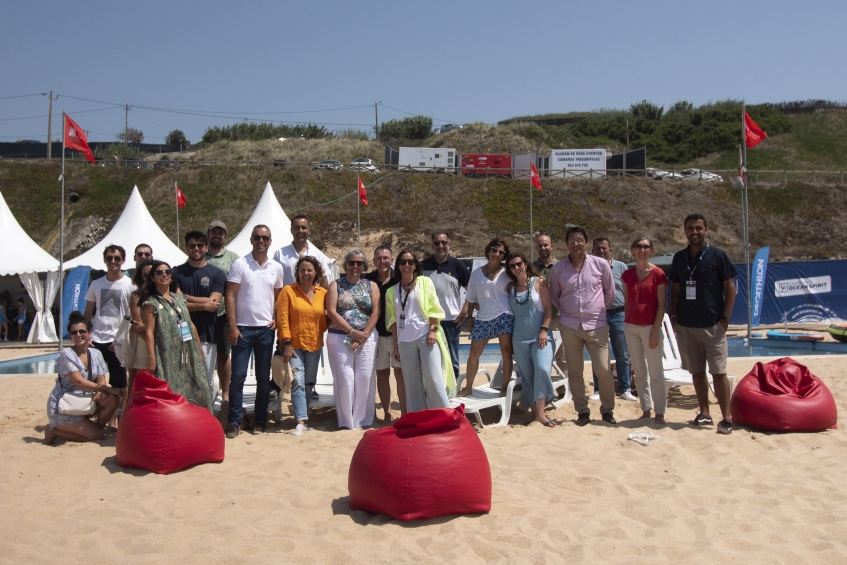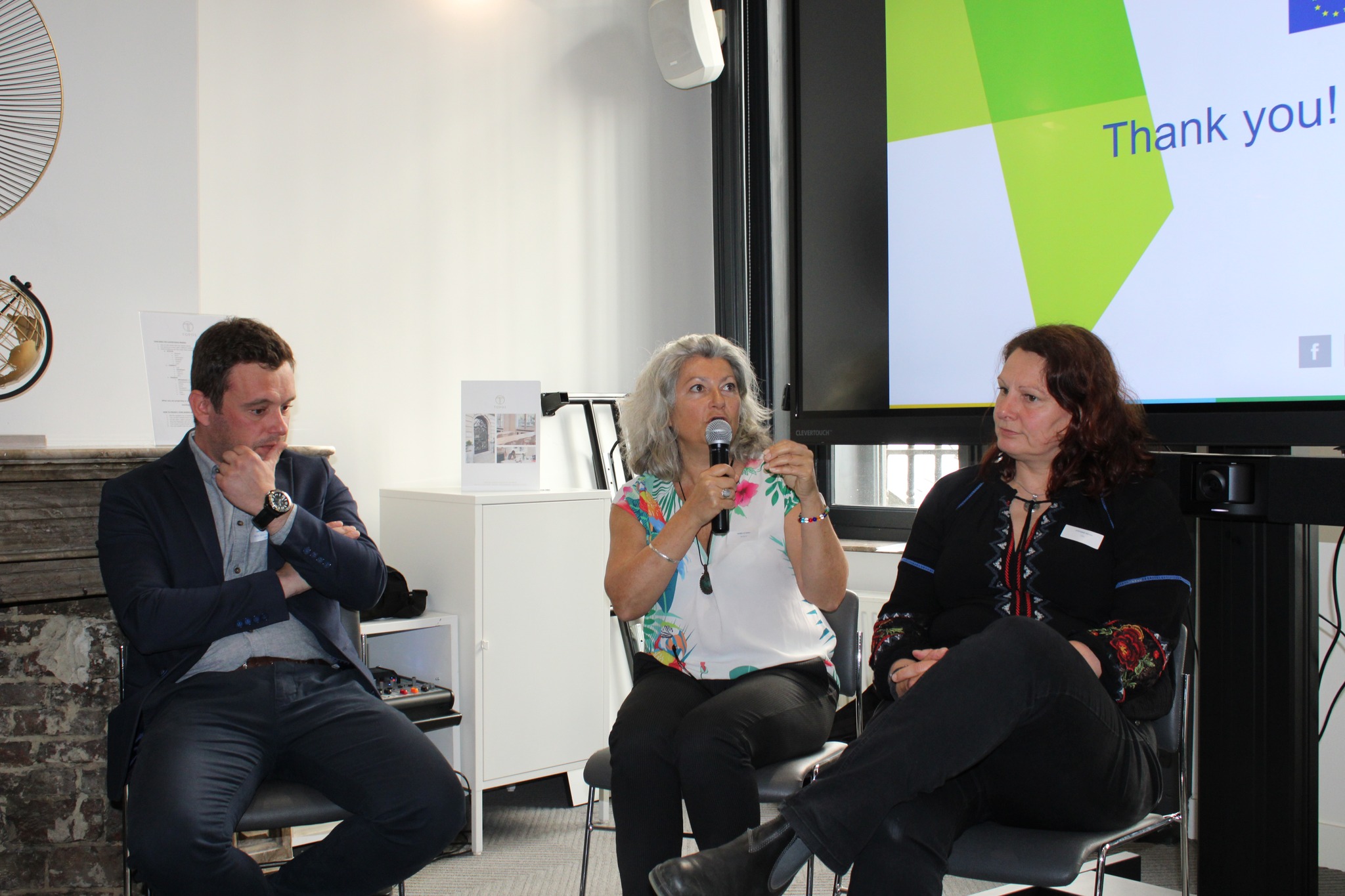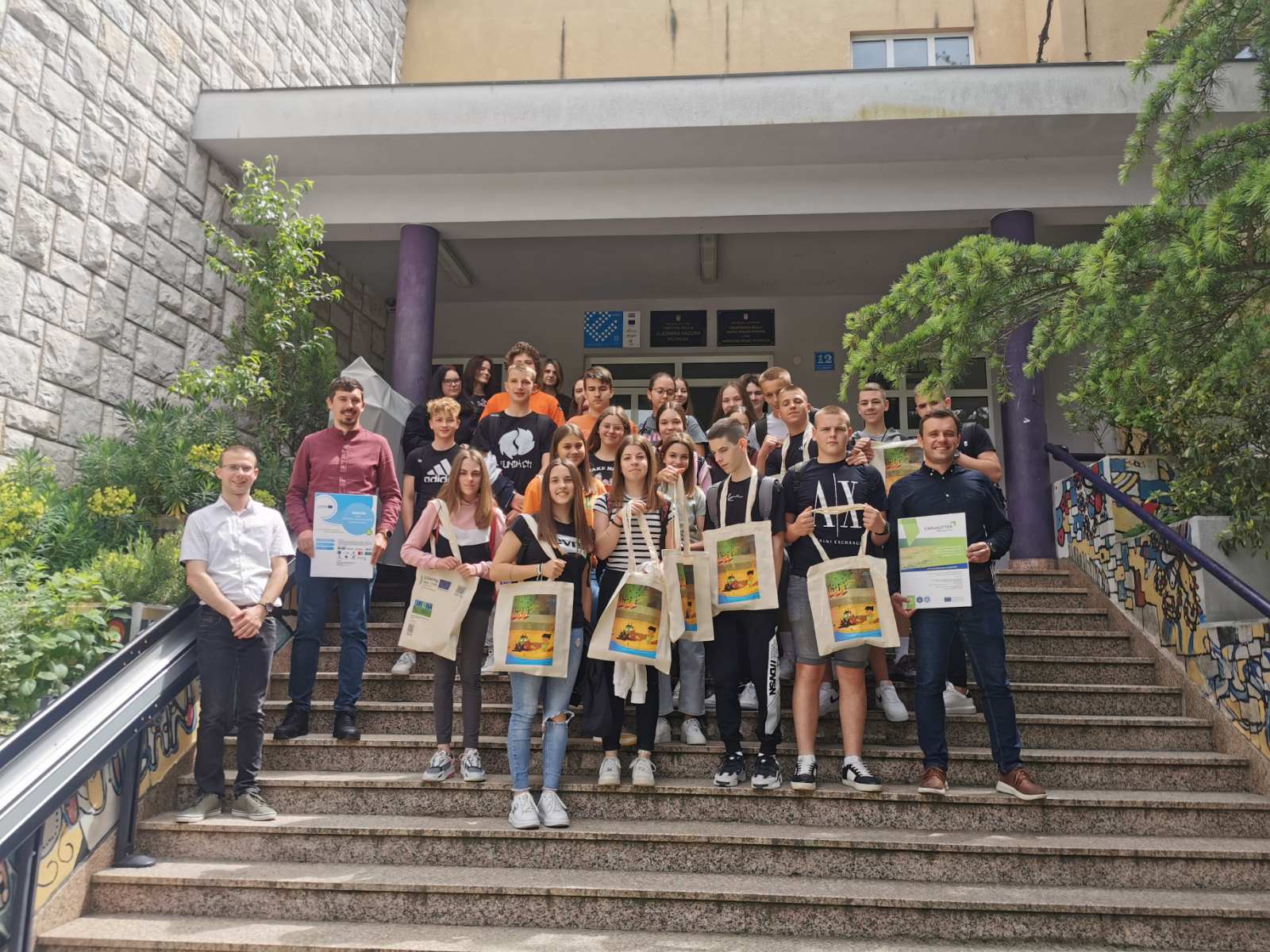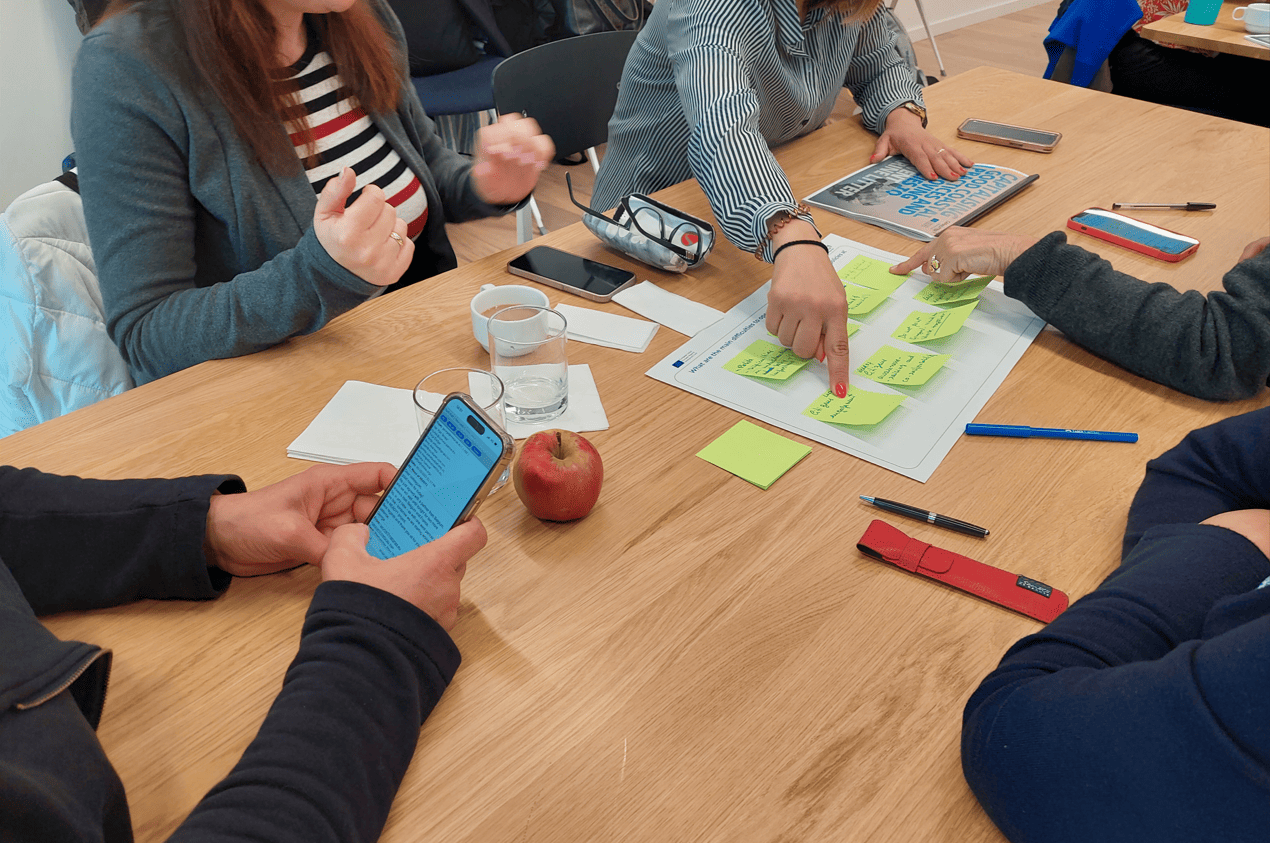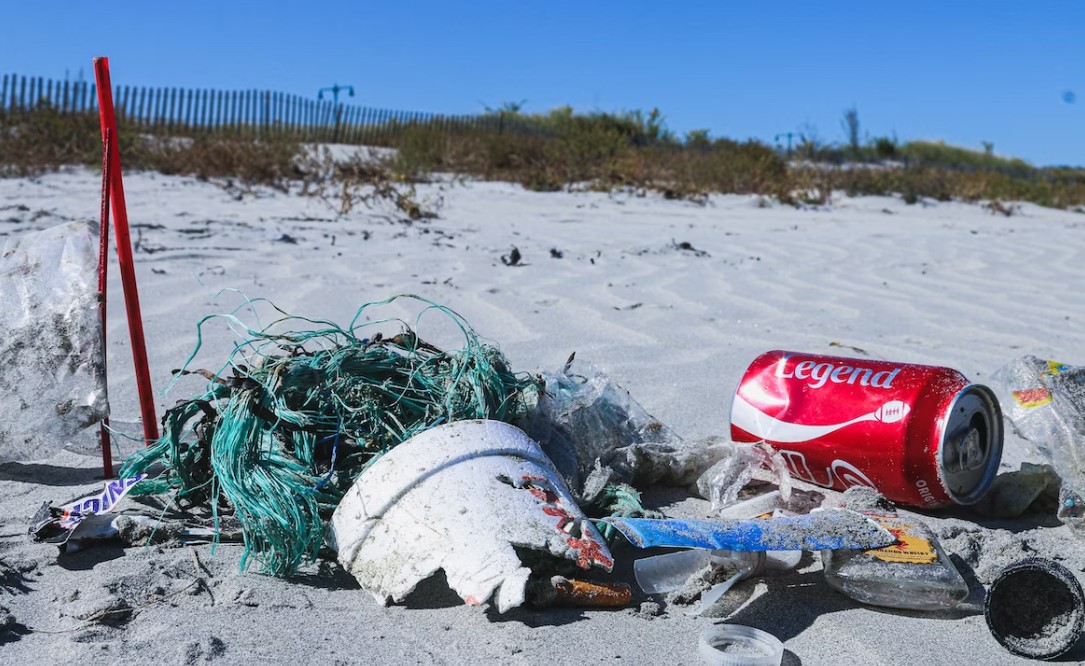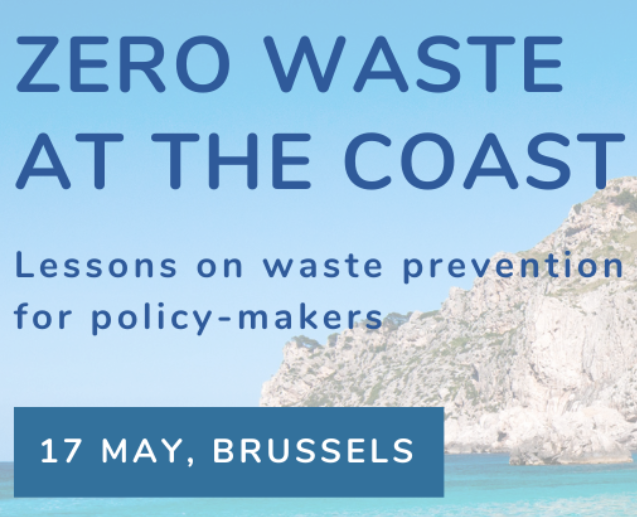The German Environment Agency (UBA) as the German project partner facilitated an online workshop series on "Municipal options for action to avoid marine litter" in November 2020. In three three-hour workshops, promising approaches with respect to different fiels of action were presented and further developed. It became apparent that - among other useful examples - there is a need to harmonize reusable deposit systems - both for to-go containers and for packaging - in order to avoid waste entries from tourism and leisure activities.
The aim of the workshops was to exchange and enhance concrete measures at the local level in order to support municipalities in the reduction of waste created by leisure and tourism activities with respect to different thematic focuses. The sessions opened with a presentation of the project and the international and national context of marine litter by UBA. Following, concrete examples on the session‘s specific topic from the action guidelines for municipalities published by the German Round Table on Marine Litter were introduced by the authors. The participants then were given the opportunity to present and discuss on their local projects and initiatives. In the subsequent group work, detailled implementation steps for chosen best-practice actions were developed and then presented in the plenary.
1st Workshop on Sensibilization, Outreach Work and Partnerships
During the 1st workshop, many concrete examples from municipalities were presented and commonalities between municipal were identified. One group was working on awareness of the effects of cigarette filters in the environment, were the idea of a nationwide sensitization campaign was born. Another group focussed on municipal partnerships with hotels, accommodations and restaurants. Participants found an exchange platform useful for business in the tourism sector to switch to plastic-free alternatives. The third group developed the idea of a central event on New Year's Eve combined with an augmented reality alternative and a ban on private fireworks.

2nd Workshop on Policies and Regulation
In the 2nd workshop, participants showed great interest in the examples presented on municipal regulation possibilities such as regulatory laws, municipal procurement, statutes, incentive systems and restrictions of the use of municipal land and buildings. One participant took the opportunity to present the statute of the city of Niebüll on waste avoidance at events - an initiative that was very well received by the local community. The statutes and the accompanying publicity campaign were made available to the participants of the workshop as templates. During the group work, people devoted themselves to municipal procurement, special permits under road law and informal measures.
3rd Workshop on Multi-Use Alternatives, Infrastructure and Waste Management
The 3rd session focused on structural solutions for problematic items such as to-go containers, plastic bottles, dog excrement bags and cigarette butts. In particular, it was discussed how reusable options can also be practicable for tourists and how coastal communities can be relieved of beach cleaning costs. Three participants presented approaches to municipal reusable systems, waste avoidance at events and waste separation in public spaces. Afterwards, four small groups discussed and formulated ideas on the topics of reusable to-go systems, mobile rinsing stations, drinking water replenishment stations and cigarette butts/waste garbage cans on the beach.
The workshops were organized in cooperation with the BUND Meeresschutzbüro Bremen (Knotenpunkt Plastikfreie Küste), the State Office for Environment, Nature Conservation and Geology Mecklenburg-Vorpommern and the Ministry for Energy Change, Agriculture, Environment, Nature and Digitization of the State of Schleswig-Holstein. In total, around forty-five people participated in each workshop, including people from public administration (municipal & federal states), NGOs and academia with good coverage of the German North and Baltic Sea coasts. The results of the workshop series are now being evaluated and will be essential in the proceeding of the CAPonLITTER project.
Find out more about the workshops here.
